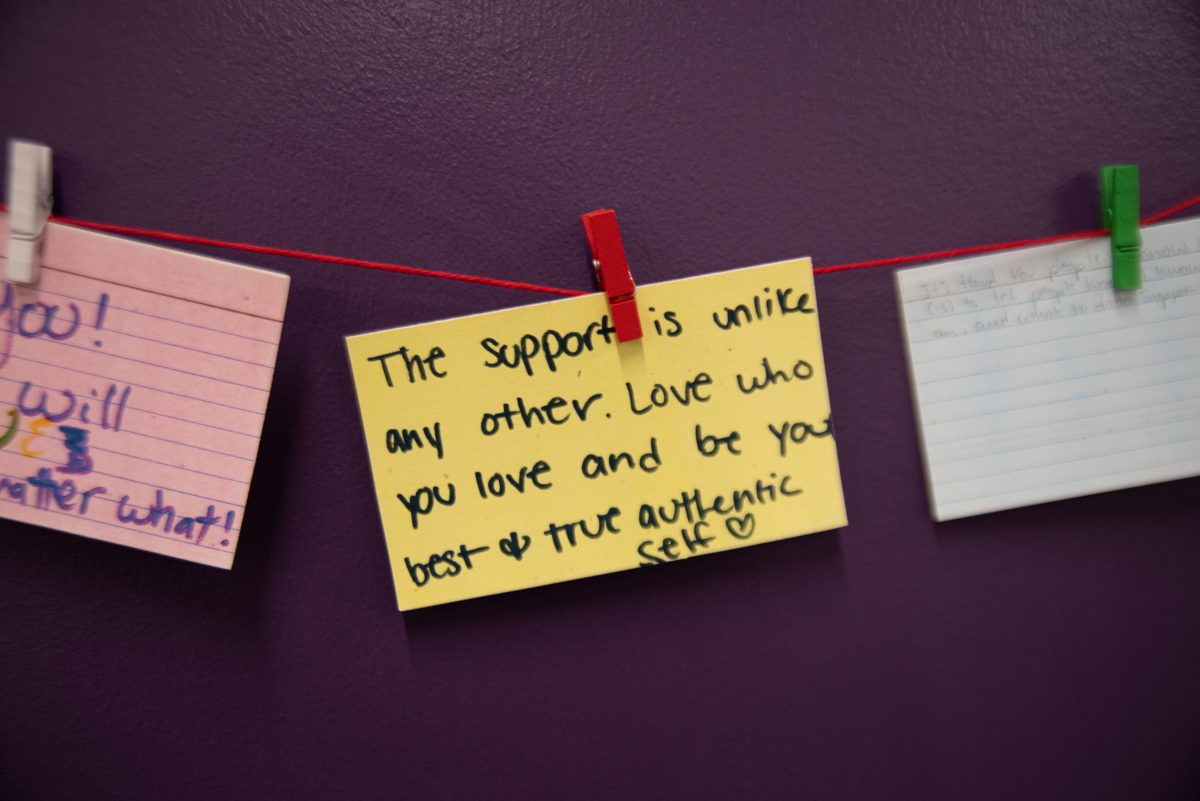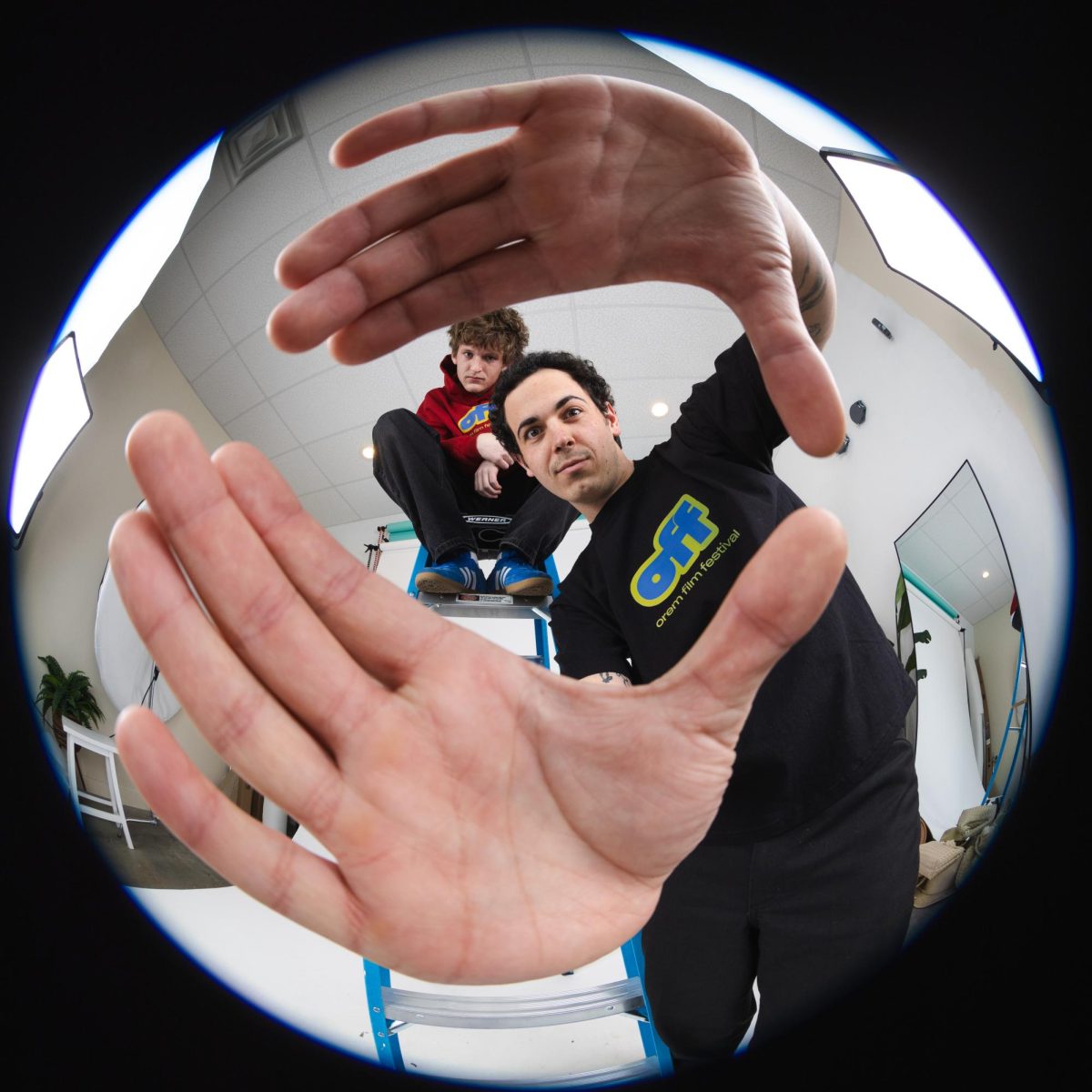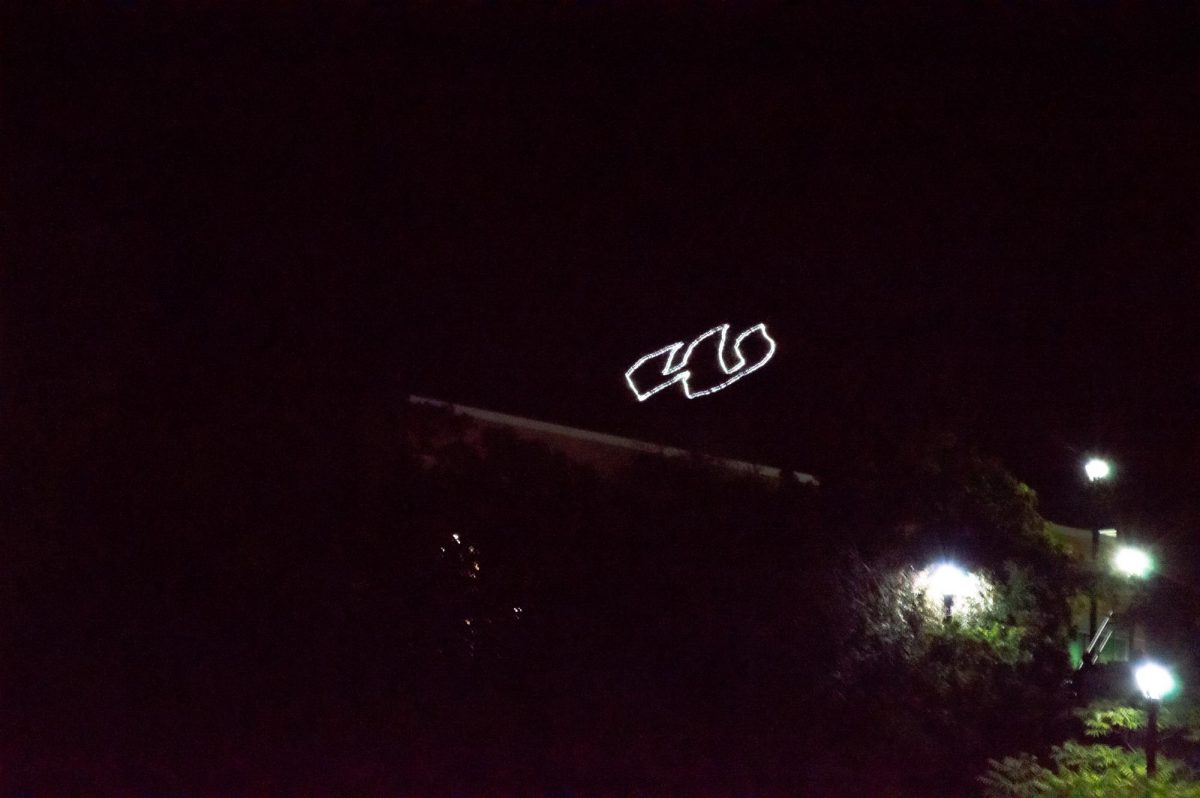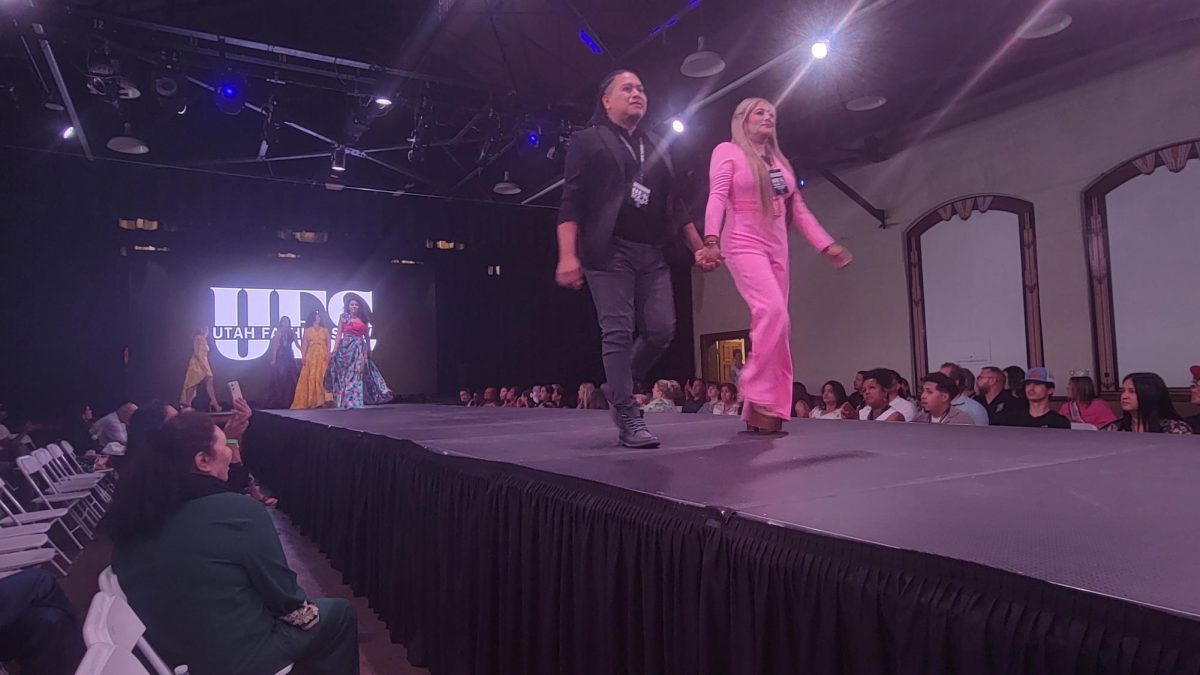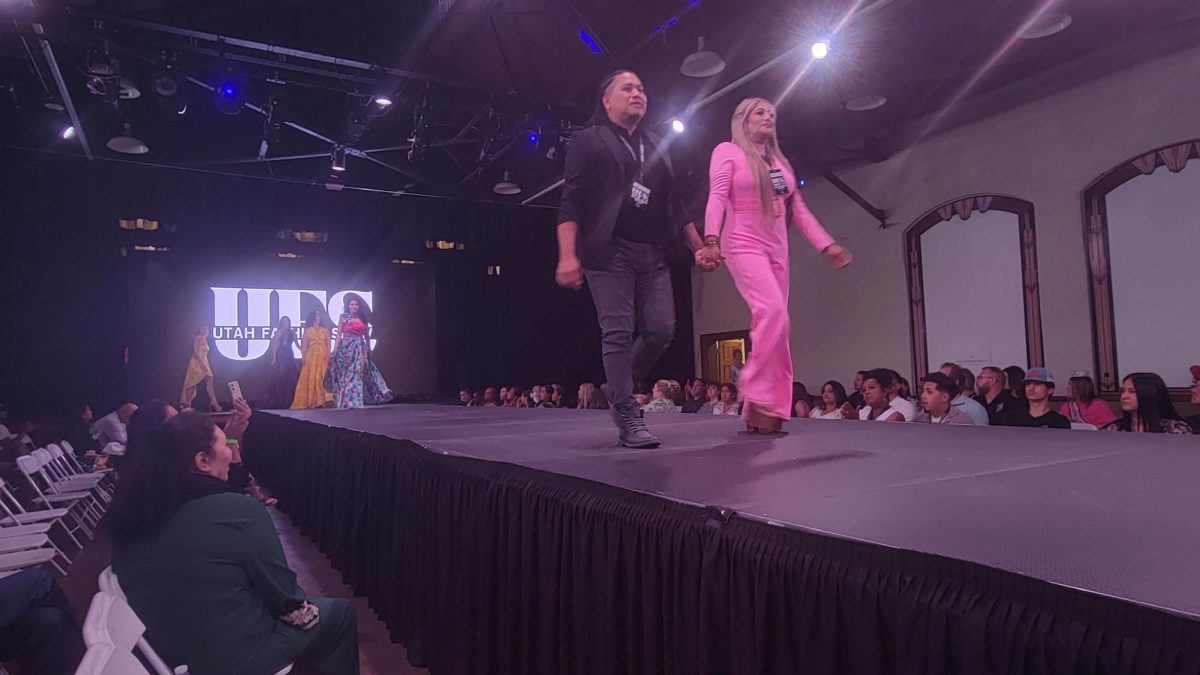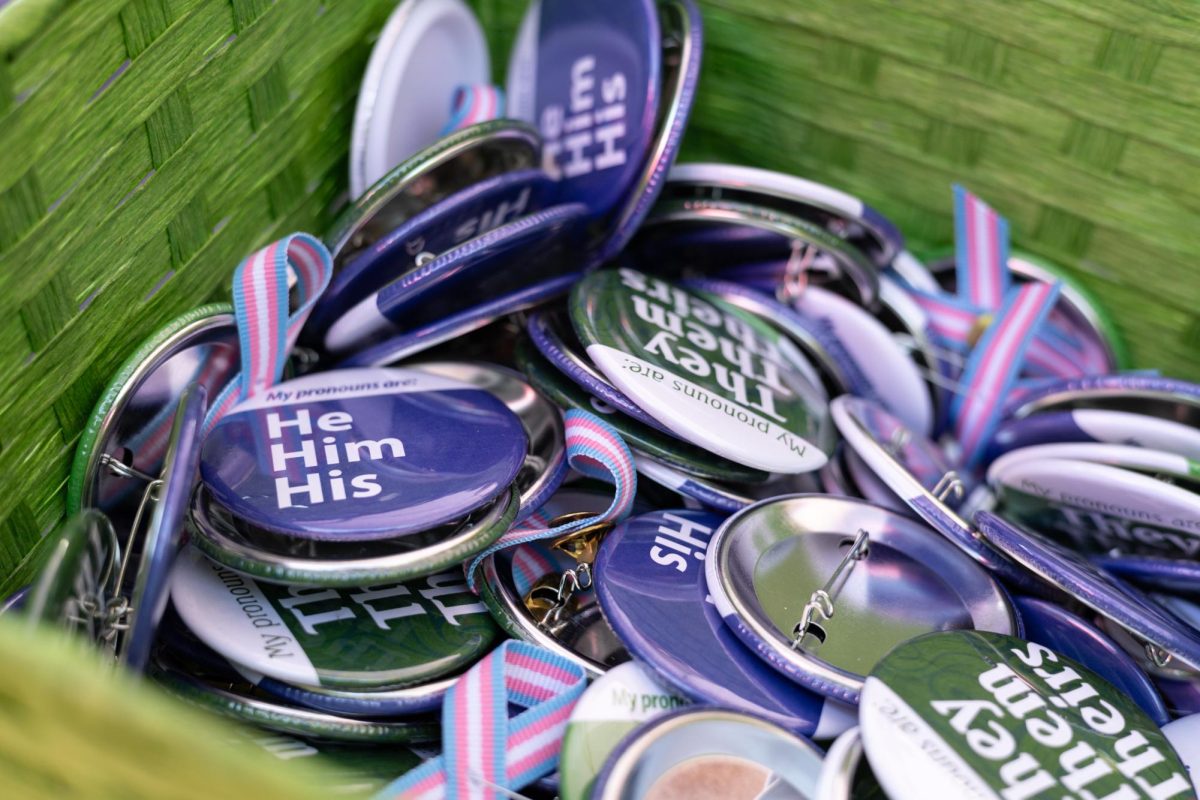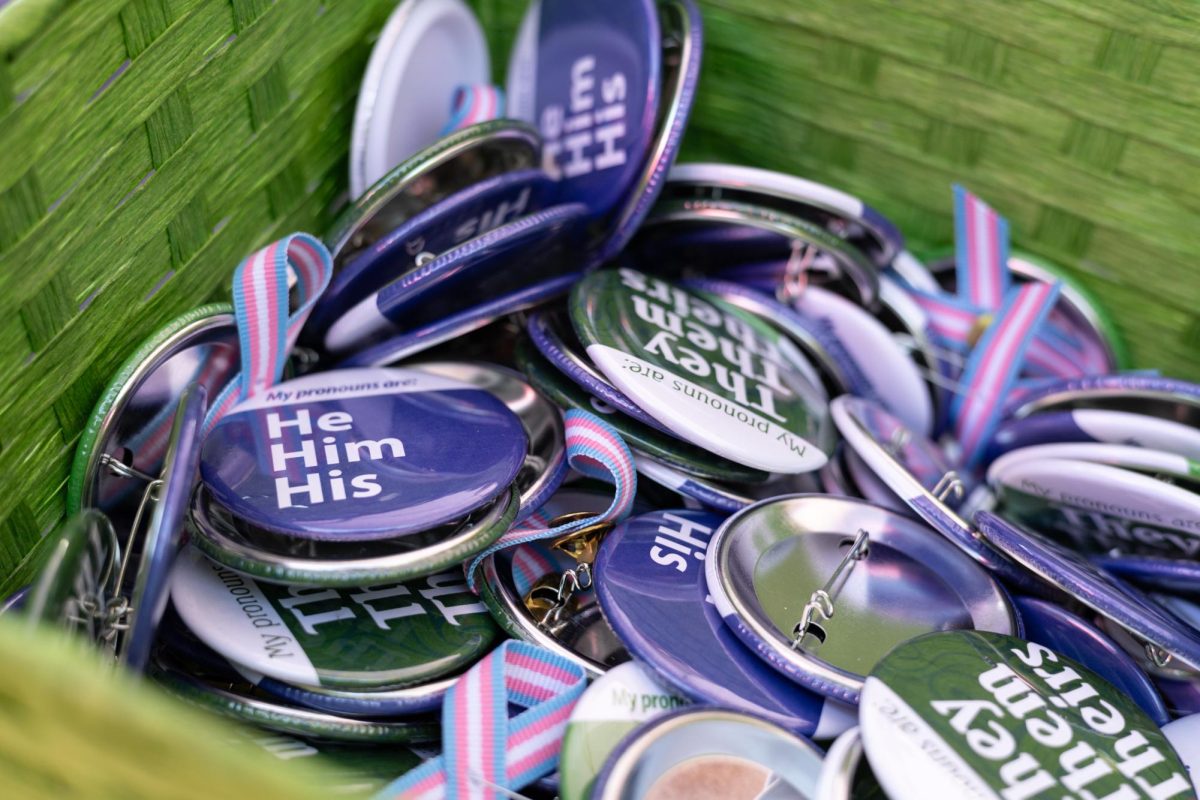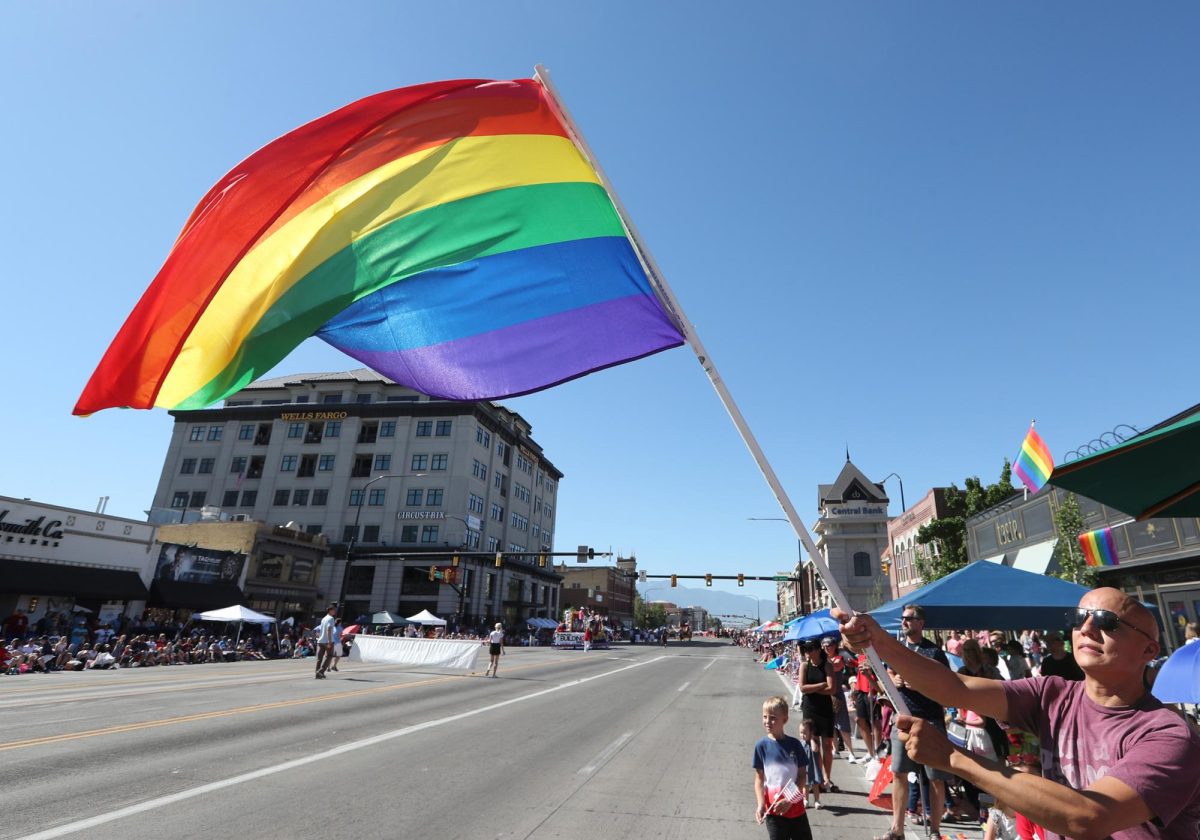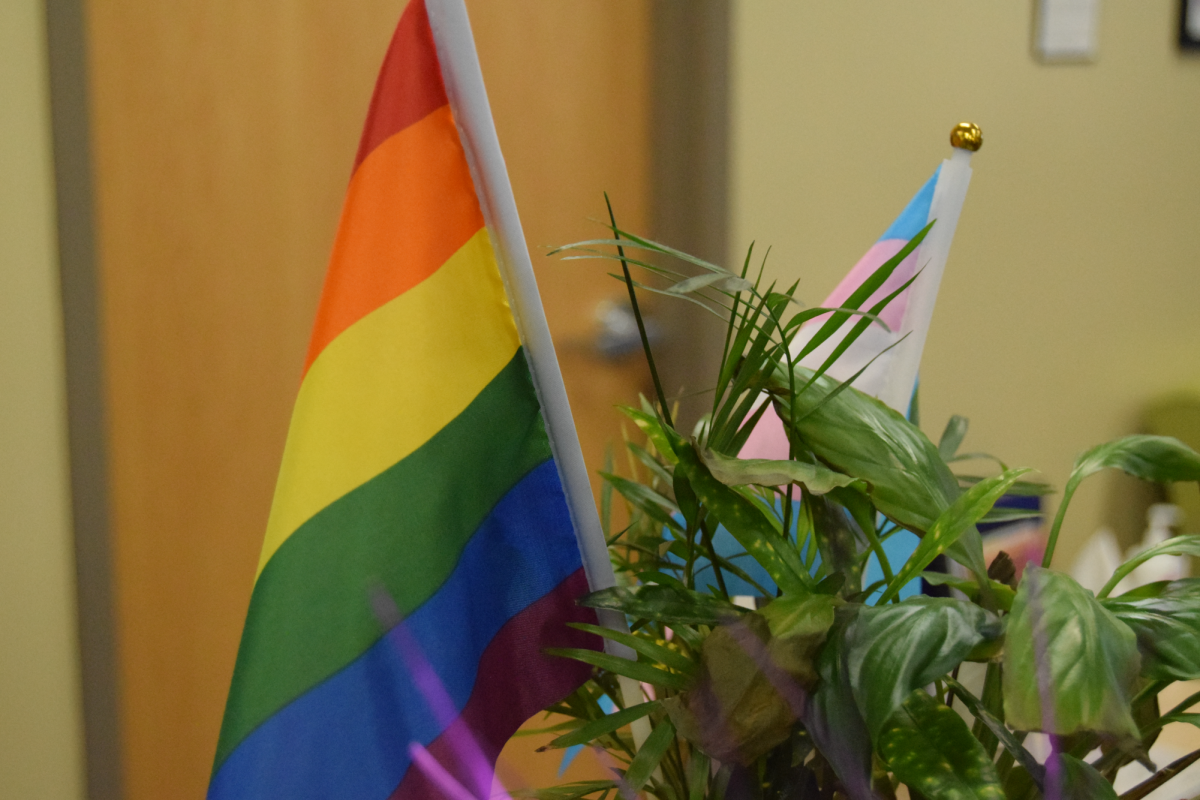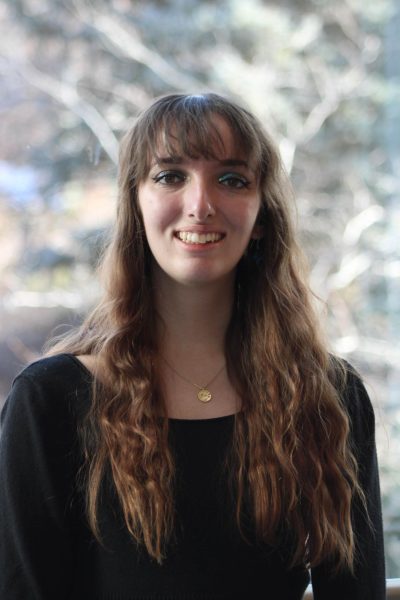While each day in June marks another day in Pride Month, this year, it also marks another day closer to the end of the LGBTQ+ Center on Weber State University’s campus.
The center’s upcoming closure on July 1 is in response to House Bill 261, passed earlier this year, which states that higher education institutions cannot participate in any practices that are based on identity, including any kind of diversity, equity and inclusion practices.
Because of this, the LGBTQ+ center, Black Cultural Center, Native American Cultural Center, Hispanic & Latino Cultural Center, Pan-Asian Cultural Center, Pasifika Cultural Center, Dream Center and the Women’s Center will all be required to cease operation on July 1.
Instead, Weber State announced that these centers will merge into a new Student Success Center, which will focus on giving individualized support to students. Jessica Oyler, vice president for student access and success, explained that this center will be a catch-all for student needs.
Jessica Fisher, the program coordinator of the LGBTQ+ Center, said that she will now move to become a student engagement program manager in the new Student Success Center, as will the other program managers from the rest of the cultural centers.
Oyler explained that in this new role, program managers will help point students in the right direction and create programming to help promote a feeling of connection on campus.
Since this transition had to happen so quickly, many details are still being worked out, Oyler said.
Some of these unclear details include how the LGBTQ+ resources are going to be transferred over. Fisher said that she is not sure what exactly it is going to look like right now, but that she hoped certain resources like the binders, shapewear and resource guides that she wrote and published would be available in the new center. She said that more information should be available soon as the program managers will meet to discuss programming on June 11.
“For the upcoming school year, I’m just waiting to see how students react and how students feel and try to follow their lead and try to support them as best as I can,” Fisher said.
On May 28, the LGBTQ+ Center posted an announcement on their Instagram informing followers that their website will come down June 28 and their social media will follow on June 30 leading up to the closure.
Fisher serves as the adviser of Weber’s Gender and Sexuality Alliance, which will be allowed to continue as it is a non-sponsored student club. Because advising the club is volunteer-based, and not connected to her role as the LGBTQ+ Program Coordinator, she will still be able to continue in this role.
Brandon Flores, currently working as the executive director of belonging, said there was a lot of discussion among many departments leading up to this decision. He said that one of the top priorities was ensuring that employees of these centers would be moved to different roles and job descriptions on campus, including student employees.
He said they landed on this model after watching what several other state schools had done in response to similar legislation. They didn’t want to do too little and lose state funding as a result.
“That’s one of the main reasons I said I support the president in what he does because he’s looking out not only for our students, but also for our staff,” Flores said of President Mortensen’s decision. “Is it the ideal scenario? I don’t know if it is, but at this point, we can’t change the law or what’s been thrown at us.”
Flores hopes that the new model will improve the retention and success of students as it might provide an even better way to connect with the right resources and get exactly the help they need.
“In a way, it does feel like lemons have been thrown at us and we’re having to make lemonade out of it,” Flores said. “But I think that saying could be a good one because even though something might not seem great to begin with, we can still create something that is of value and that we enjoy and it’s a positive thing.”
Fisher said that she has already met with a few students who are concerned about this change, and that she is open to talk with anyone who has questions or concerns. She’s also encouraging students to research the data and testimonies surrounding individual identity centers.
“Look at the research, look at the benefits it brings to students and then any one individual person can look at that research and then think about what happens if seven identity centers are coalesced into one center. I’m sure there are positives as well as negatives,” Fisher said.
She also said she supports students advocating for what they need at every level on campus, starting with program managers and going all the way to Mortensen or the board of regents.
“Our goal is that all students feel like they have a place to go to be connected to resources and really feel that space of belonging. And if that’s not where we are, I absolutely want feedback of how we can do that better moving forward,” Oyler said.
While the help these cultural centers provide is moving to the Student Success Center, what will become of the physical spaces these centers are housed in is still unclear.
Oyler assured that the scholarships given out by these cultural centers will still be available, just with adjusted wording so they abide by the law.
“The switch from multiple identity-based centers to one Student Success Center is a big change for many students, but we’re optimistic about our goal to focus on the individual. That’s something Weber State has always been known for. Now, we’re putting even more focused effort and resources behind it,” Bryan Magaña, director of public relations for Weber State, said in an email.


